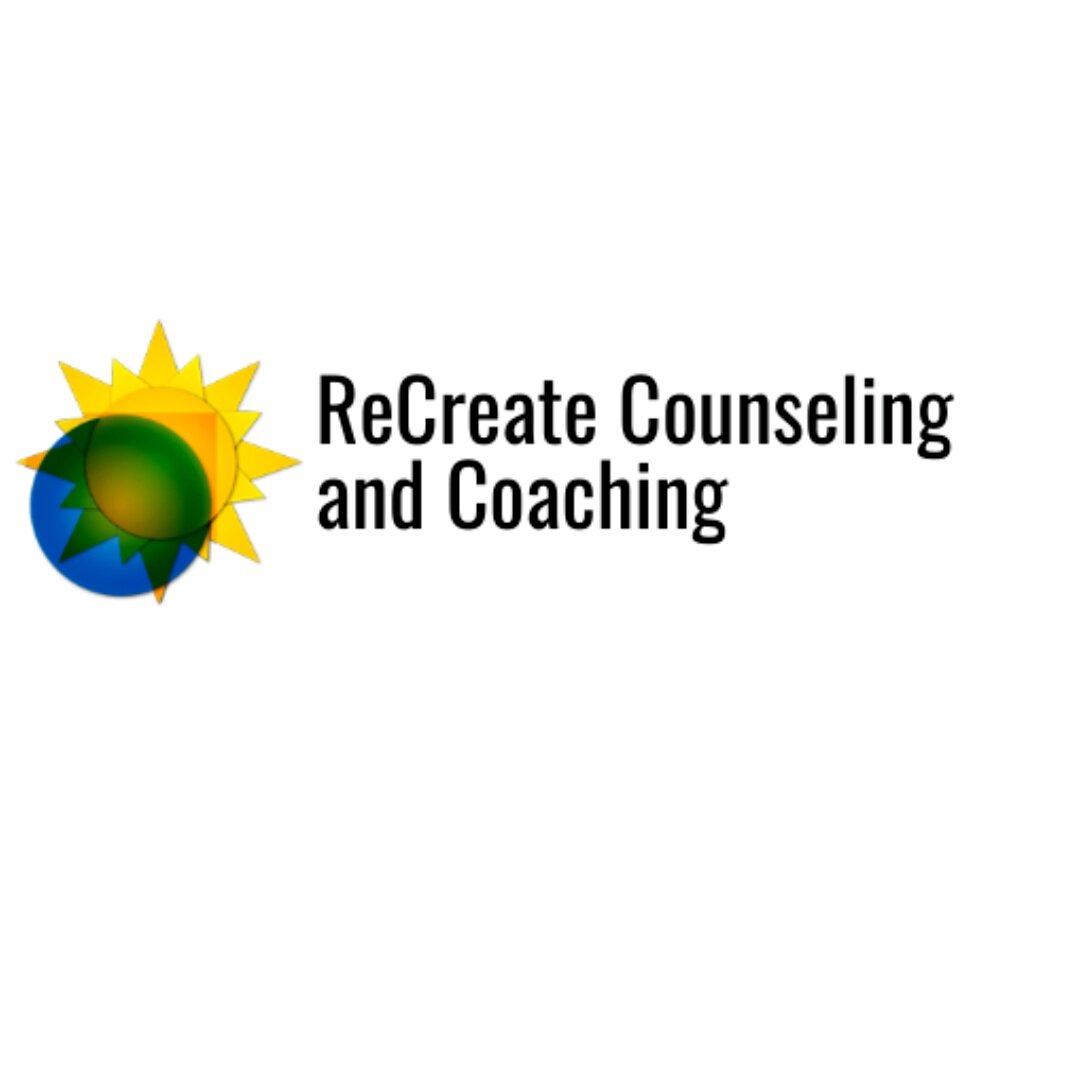When a Beloved Public Figure Dies-What to Say to Your Kids and Yourself.
Primer for that death talk you never imagined.
Mourners all over the world are talking about it- how dismayed and heartbroken we all are about Kobe Bryant, his daughter and those aboard the helicopter earlier this week. Death is once again in our face but what are we saying to the kids who are watching and listening to our reactions? Are we being careful not to scare them into thinking we might be next? Or are we using this as a teachable moment, an opportunity to discuss the implication of sudden death and what it means when people grieve.
The other day I was explaining grief to a very young child that it’s like a balloon filled with different emotions that if gone unexpressed can burst. Even if we didn’t know Kobe Bryant and the others who died in this crash the images of families shattered can’t help but trigger each of us into thinking of our own families, our own loss history and our beliefs and values about life and death. What do we believe and what do we want our children to understand about death need to be foremost in our thoughts right now as we deal with this surreal loss. Adults and children of different ages will respond and grieve in dissimilar ways. Following are suggested age appropriate guidelines to handling grief: No alt text provided for this image
Younger children (under five years old) need short, age appropriate answers to their questions and reassurance that there’s no reason to believe they and their loved ones are unsafe. They may regress into behaviors once mastered and it’s okay to allow them to do this now. It is recognizing that it is their temporary way of telling you they need more support.
Children aged five to ten are more likely to ask repetitive detailed questions and they need brief, honest responses with concrete language. Death is something they experience primarily in entertainment related media. The reality of what it means in their lives may need to be replayed repeatedly while they make sense of what happened.
Older children and youth understand the permanency of death and the greater impact of trauma. They may want peer support and help in identifying how a traumatic loss changes who they are in a family, in the world and as an emerging adult. Existential “why “questions are often asked and adults need to be honest about not having any answers but honoring the shared questions. No alt text provided for this image
When trauma happens, we all struggle with the reasons for it and reassuring, loving, honest responses are difficult but essential. Most importantly, how we model our grief response is what we teach through example. Being fully present, sharing emotions and loving unconditionally make the most difference in supporting each other through these horrific unfathomable tragedies.
As adults, after a traumatic event our values and beliefs are challenged. We are faced with existential why questions and it’s an important part of our healing. Making sense of what is senseless challenges us to our core. Supporting one another in our shock and disbelief and focusing on loving gestures can help us maintain our daily lives.
The early period of grief can feel like “sleepwalking.” Everything feels surreal. Most of us may not have lost a loved one but are overwhelmed at the enormity of the situation. Just hearing the news and being consumed by the event (as many of us are) calls for a time of more self care. Take a walk or a nap, make a favorite meal or call someone. Do what comforts you and what you can to comfort others.
Communicating with someone who has suffered traumatic loss is like looking into a mirror and it’s hard. None of us wants to face the realities of tragic loss and yet our friends and neighbors need us to maintain a presence with them that allows them to experience their grief. Unconditional presence and kindness is the greatest source of healing. This applies in the broader sense to your community as well. This is not an easy process for anyone. We need each other. Take some time to heal and don’t isolate yourself. Tough times are times for softer responses. Be aware.


